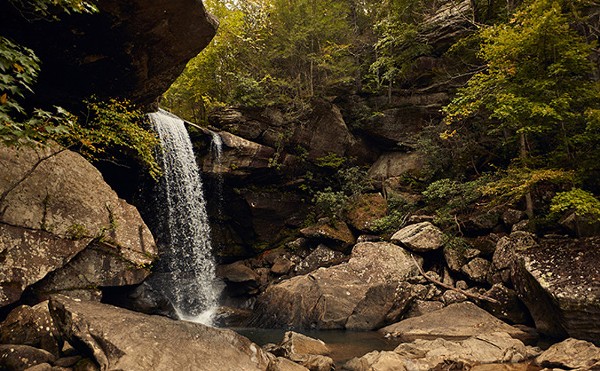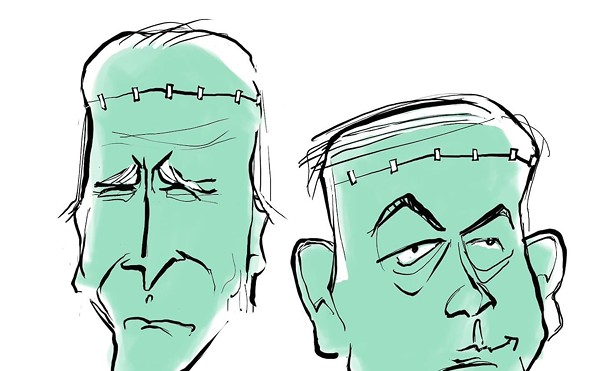
Antibalas
When Antibalas first started out, they played nontraditional venues. Was that intentional or by default?
Martin Perna: Intentional. I didn’t want the group to have a commercial focus, especially not in the beginning. I heard an interview with a Chinese-American saxophonist in New York, talking about his approach to performing. As artists, our art shouldn’t be exploited to sell liquor. We didn’t want to be this attraction. Also at that time, you could smoke in the clubs in New York, and I didn’t want to have to perform our music in a carcinogenic environment. We did that for about a year. We played in community markets, right in the street.
We were fortunate enough to get a Friday night residency that lasted from August 1999 to April 2001 (at No Moore in Lower Manhattan). We just had the night entirely to ourselves. It was our night from 9 p.m.-3 a.m. We’d play, we’d DJ. We’d invite local friends to play with us, but most of the time just played like two or three sets.
What effect did performing in these venues have on your live show and on the crowd?
MP: There was even that much more appreciation from the people, because they knew that we weren’t doing it for the money, but rather to support the cause to share music, to share culture. It’s such a big band. If we were doing it for the money, we would’ve stopped a long time ago.
Do you think Afrobeat is or will catch on in the United States?
MP: It’s very much on the margins, because it’s music that, since its inception, has resisted commodification. The form itself doesn’t fit into mainstream channels. The songs are upwards of 10 minutes long. They have explicit social and political messages. The mainstream mass media has been hijacked. Whatever we’re doing will be underground.
Afrobeat has a very rich but complicated history. Americans, on the whole, are not that educated about music. For every 10 people that like us, less than two people understand where the music’s coming from, and what we’re talking about.
Why did you decide to sign with Epitaph, a label with traditional punk roots, and what is your relationship like with them?
MP: A couple of people at the label approached us. We definitely wanted to try to use the label as a springboard. This stuff deserves that push. They walk between a couple of different worlds. They’re very used to working with artists who don’t necessarily have a clear or familiar genre within the United States. They have a pretty good presence in Europe. We do just as much touring in Europe as we do in the United States.
How do the European and American audiences differ?
MP:People (in Europe) are not as opposed to thinking as they are in the United States. Maybe people have gotten so disillusioned and frustrated that they don’t feel like they can do anything. “Man, I don’t want to hear about politics, I just want to jam.” The (political) problems seem so insurmountable that they want to forget, but we don’t want them to forget, because if they forget, nothing will get better.
As a group, is there any U.S. presidential candidate that you all endorse?
MP: The last two elections were so tricky, because there really weren’t good, viable candidates. In 2000, we did a benefit for Nader. This guy’s politics are so great. He’s not a TV candidate. It was so hard to get behind (Senator John) Kerry, and he was a wimp and a wuss in so many ways. Personally, we’ve learned our lesson that you’ve got to find the most viable candidate.
I saw (Illinois Senator Barack) Obama speak in Austin. It was tremendous. I was impressed by him, but more importantly, impressed by so many people of different ages and races. That’s the most legitimate mobilization of people.
Do you have a favorite show that you’ve ever played?
MP: It’s a real blessing to be able to lose count of so many ecstatic, transcendental shows.
In Istanbul, Turkey, they would not let us leave the stage. We did three or four encores there. The food was some of the most delicious food we’ve ever eaten. The people were beautiful. We get treated nicer in Turkey than many places in America.
Contact the writer at [email protected].





